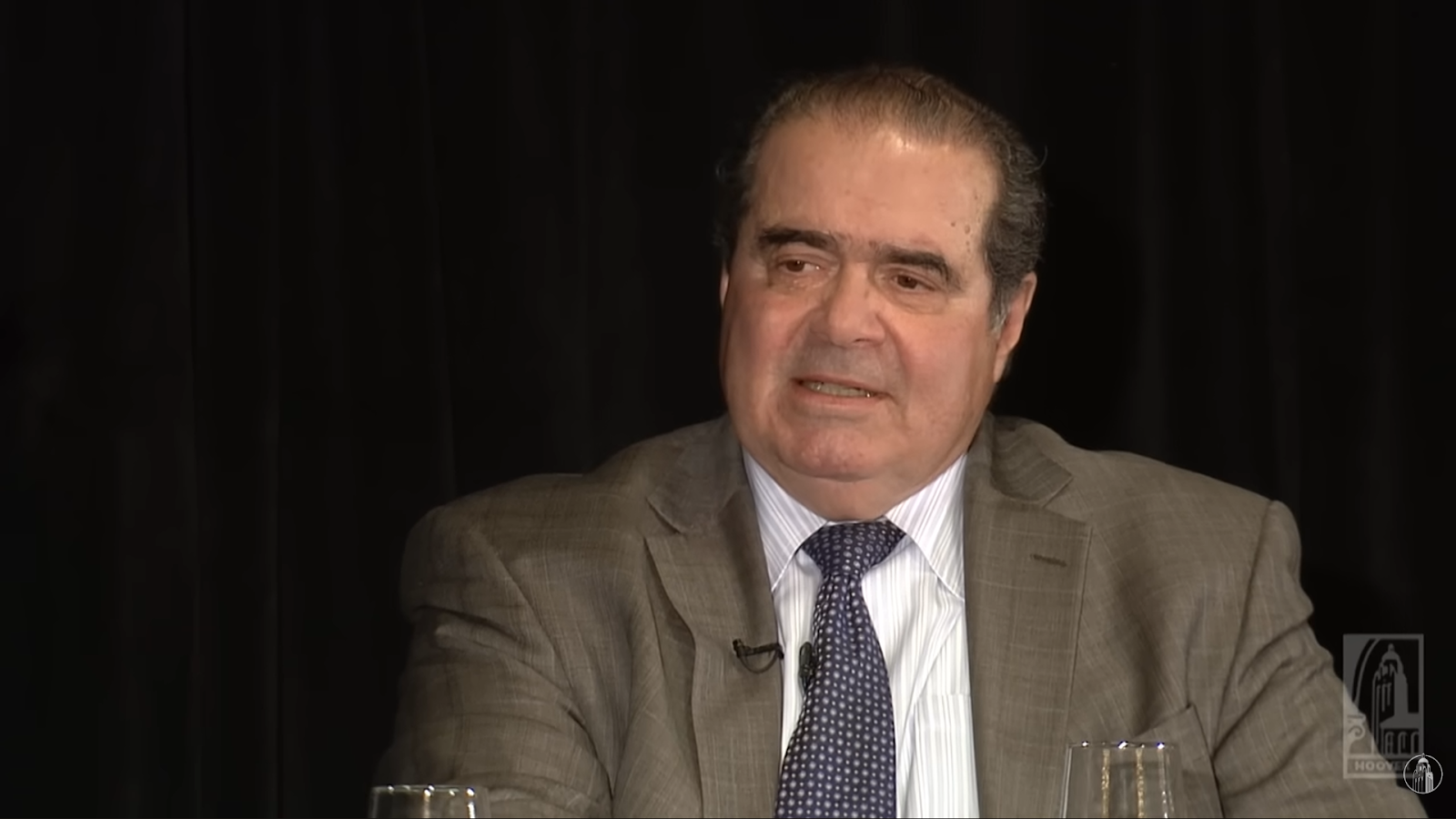SCOTUS Nixes ‘Majority Group’ Discrimination Double Standard
The Supreme Court has unanimously ruled that members of majority groups do not have to meet higher standards of evidence to prove discrimination compared to other groups. This decision came through the case of *Ames v. Ohio Department of Youth Services*, which was sent back to lower courts for further consideration. The plaintiff, Marlean Ames, had claimed she faced “reverse” employment discrimination under Title VII of the 1964 Civil Rights Act after being demoted from her position as a programme administrator at the Ohio Department of Youth Services. The Court criticized a precedent set by the 6th Circuit Court, which required Ames to provide additional evidence due to her being a member of a majority group (heterosexual women). Justice Ketanji Brown Jackson noted that such an additional burden is inconsistent with Title VII protections, emphasizing that discrimination is prohibited against all individuals equally. In a concurring opinion, Justice Clarence Thomas expressed concern over judicial doctrines that complicate the application of statutory law.
The Supreme Court unanimously decided that “majority groups” don’t have to provide more evidence than other groups to show discrimination. SCOTUS sent the case, Ames v. Ohio Department of Youth Services, back to the lower courts on Thursday, ruling that the 6th Circuit Court of Appeals had improperly required Marlean Ames, the plaintiff, “to satisfy a heightened evidentiary standard” to prove that her gay co-workers acted with a “discriminatory motive.”
Ames filed “a lawsuit contending that she suffered ‘reverse’ employment discrimination under Title VII of the 1964 Civil Rights Act,” The Federalist’s Shawn Fleetwood previously reported.
Ames, a heterosexual, took a position as executive secretary for the Ohio Department of Youth Services in 2004. She became a program administrator in 2014. Despite her supervisor, Ginine Trim, a gay woman, giving her a “generally positive performance evaluation” in 2018, Ames was demoted and replaced with a younger gay man in 2019. According to the Maryland State Bar Association, she “faced additional personnel changes that [allegedly] favored LGBTQ+ candidates.”
“Under Sixth Circuit precedent, plaintiffs who are members of a majority group bear an additional burden at step one: They must also establish ‘background circumstances to support the suspicion that the defendant is that unusual employer who discriminates against the majority,’” SCOTUS said.
In its unanimous opinion, the high court ruled that this “additional burden” was unjustified.
Justice Ketanji Brown Jackson, appointed by former President Joe Biden, delivered the court’s opinion, saying that the extra background step is not consistent with Title VII.
“The employer in that case had argued that certain forms of discrimination against White employees fell outside the reach of Title VII,” Jackson wrote. “But we rejected that argument, holding that ‘Title VII prohibit[ed] racial discrimination against the white petitioners in th[at] case upon the same standards as would be applicable were they Negroes.’”
In a concurring opion, Justice Clarence Thomas wrote, “Judge-made doctrines have a tendency to distort the underlying statutory text, impose unnecessary burdens on litigants, and cause confusion for courts.”
" Conservative News Daily does not always share or support the views and opinions expressed here; they are just those of the writer."




